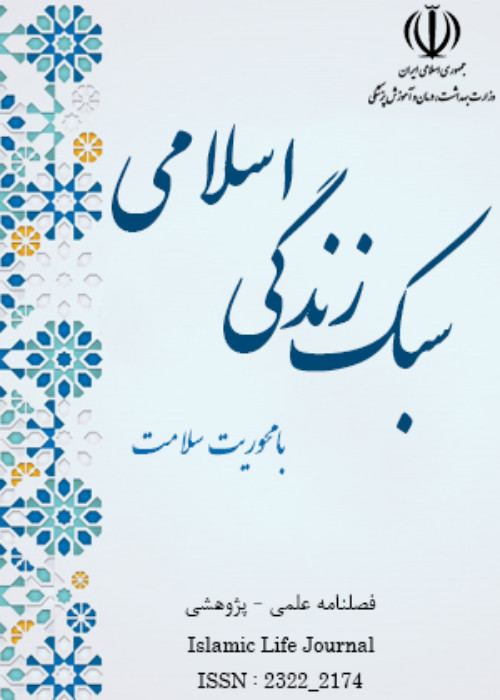Feasibility Assessment and the Effect of the Implementation of Hazrat Ali's Tax Laws on the Gini Coefficient (a Case Study of Iran)
Throughout history, the issue of proportional distribution of wealth, establishment of economic justice, and ultimately reducing the class gap between the rich and the poor has always been the subject of discussion and attention of scientists and experts. Tax, as the main source of government income, is one of the most important elements affecting the proportional distribution of wealth. In Islamic texts and Islamic laws, much emphasis has been placed on establishing economic justice and reducing the class gap. Especially during the time of Hazrat Ali, as the only infallible imam who came to power, laws were established to collect taxes and establish economic justice. In modern economics, the Gini coefficient is used to examine the state of income distribution . Because one of the most important problems in today's world is the disproportionate distribution of wealth and the creation of aneconomic gap between the rich and the poor; The necessity of conducting research that examines theories to reduce this gap is inevitable. Undoubtedly, from the point of view of Islam, one of the best methods of using taxes to reduce the gap between the rich and the poor and establish economic justice is the tax laws that were implemented during the reign of Hazrat Ali (a.s.). The purpose of the current research is to investigate the feasibility of implementing the tax laws of Hazrat Ali (AS) in Iran and its effect on the Gini coefficient. For this purpose, first the implementation of the tax laws during the reign of Hazrat Ali (AS) in Iran is feasible, and then the effect of taxation on the Gini coefficient in Iran is examined with econometric methods, and finally, with a qualitative and analytical review of the implementation effect. The tax laws of Hazrat Ali (pbuh) on the amount of tax received, its effect on the Gini coefficient in Iran is obtained indirectly. Based on this research, it is possible to implement the tax laws of Hazrat Ali (AS) in Iran. Also, the decreasing and significant effect of tax on the Gini coefficient is clarified. Considering that these laws lead to zakat being included in official taxes and ultimately increase the amount of tax collected, then these laws also have a significant decreasing effect on the Gini coefficient.
Tax Laws , Hazrat Ali , Gini Coefficient , Tax , Iran
- حق عضویت دریافتی صرف حمایت از نشریات عضو و نگهداری، تکمیل و توسعه مگیران میشود.
- پرداخت حق اشتراک و دانلود مقالات اجازه بازنشر آن در سایر رسانههای چاپی و دیجیتال را به کاربر نمیدهد.


